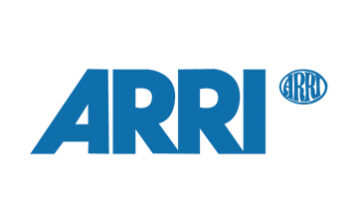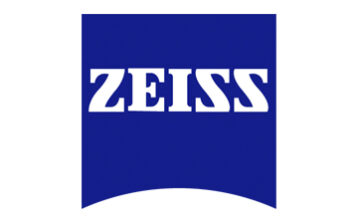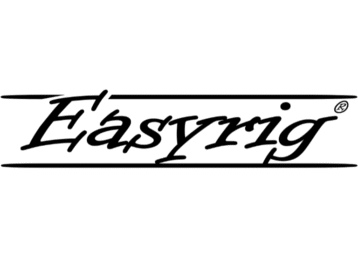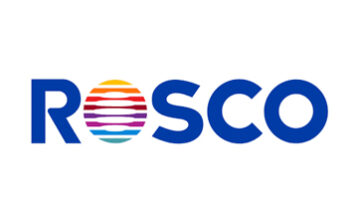Bundesministerin für Justiz, Alma Zadic
BMJ – Team Z (Teamassistenz Sektion I)
zH Sektionschef Dr. Georg Kathrein
Monday, 4nd of October 2021
Statement of the Authorship Committee of IMAGO on the draft Federal Act amending the Copyright Act, the Collecting Societies Act 2016 and the KommAustria Act (Copyright Amendment 2021)
Dear Federal Minister Zadic,
Dear Section Head Dr. Kathrei,
Preliminary observation: The IMAGO Authorship Committee (AC) has been founded nearly at the same time as IMAGO itself in Rome December 13, 1992 on the initiative of the Italian cinematographer and the President of the Italian cinematographer’s Association (AIC), Luciano Tovoli, and with the corresponding national associations in Italy, France (AFC), the UK (BSC) and Germany (BVK) as a founding father.
AC advises IMAGO’s members on European and international level on (film) copyright issues and advocates for the interests of filmmakers in amendments to copyright and Collective Management Organization (CMO) law.
Statement of full support of AAC
The Austrian government is planning an extensive reform of copyright as it must face a June 7 deadline to implement European Single Market Directive into its national law. Although during the last years Austria has made progress not only in reforming its national Copyright law but also by its national jurisprudence regarding the protection of authors’ rights, the draft represents a massive step-backs in the regulation of filmmakers’ rights. At the same time, AC must note, that Austria’s official draft comes with delay. Germany, France, Netherlands, Hungry and Malta have already completed implementation of the aforementioned Directive.
For filmmakers, the amendment contains two main topics, namely copyright contract law on the one hand and the regulations regulating the activities of the major online platforms on the other.
Regarding copyright contract law, the amendment essentially implements the requirements of the Directive, supplemented by several other provisions of copyright contract law which are intended to strengthen the position of authors. So, Austria will be on the same level of protection as Germany, Spain, and France for 20 years. Nevertheless, the current draft has eliminated some of the provisions of copyright contract law still contained in a first preliminary draft without any explanation. Also, the Austrian legislator has not made any effort to prevent the legal insecurity which has been caused by the bestseller paragraph in Germany, included in the current reform. The Jost Vacano case is the best example. The legal proceedings for claiming a fair and adequate remuneration in the exploitation of “The Boat” are never ending, The German cinematographer is fighting now for more than 10 years. Austria should think about a practical solution to prevent such situation in the application of the bestseller paragraph in the praxis.
What really causes AC’s and AAC’s concern is the deficit regulation of liability of major online platforms:
Providers of major online platforms must in principle obtain the license of the authors for the exploitation of their creations, what is necessary and a first step to protect author’s rights for remuneration. But, in difference to Germany’s legislation, Austria has not made the second step: to link online use to a claim for fair and adequate remuneration.
In Germany, following the implementation of Art. 17 of the Internal Market Directive, there are three indispensable direct remuneration claims for creators, which are collectively administered by the German CMO’s (VG-Bildkunst, GVL, etc.), protect creators from blanket transferal of rights and guarantee direct payment from the uses of their works on the major online platforms.
The Austrian Ministry of Justice’s Draft has not a single comparable direct remuneration claim for creators, not even the one existing since April 2020 in Switzerland for the audiovisual sector. The right of remuneration claims originally provided in the Ministry of Justice’s working group draft has disappeared. The current draft would “expropriate” the film creatives and bring them into an unacceptable worse situation compared to their German and Swiss colleagues. The Austrian legislator should not forget that Austria’s film productions often are co-productions with Germany because of the same language and comparable cultural background. So, the Austrian legal project clearly discriminates Austrian film workers.
At the same time, AC denounces the mix-up of labor and copyright law in the Austrian amendment. Because of the special situation in Austria to apply collective agreements regarding salaries or remuneration of working hours but not regarding remuneration of exploitation of works, there is the reasonable danger that the lobby of the Creative Industry Alliance tries to defend that the collective agreement regarding salaries also includes remuneration of authors. Both legal fields must be clearly separated.
Concluding, AC formally requests the Federal Ministry for Justice to revise the draft to comply with the objective of the European legislator to guarantee adequate protection for authors and artists and to ensure a fair and adequate remuneration.
Signed: the AC committee
Barry Ackroyd, BSC
Ruud Dobbler, NSC
Dr. Cristina Busch (legal consultant)
Arko Okk, ESC
Paul René Roestad, FNF
Argyris Theos, GSC (chair)
Luciano Tovoli, AIC, ASC (previous chair)
Sergei Trofimov, RGC
Senior Advisers
Vittorio Storaro, (AIC, ASC)
Luciano Tovoli, (AIC, ASC)
Jost Vacano, (BVK)






























